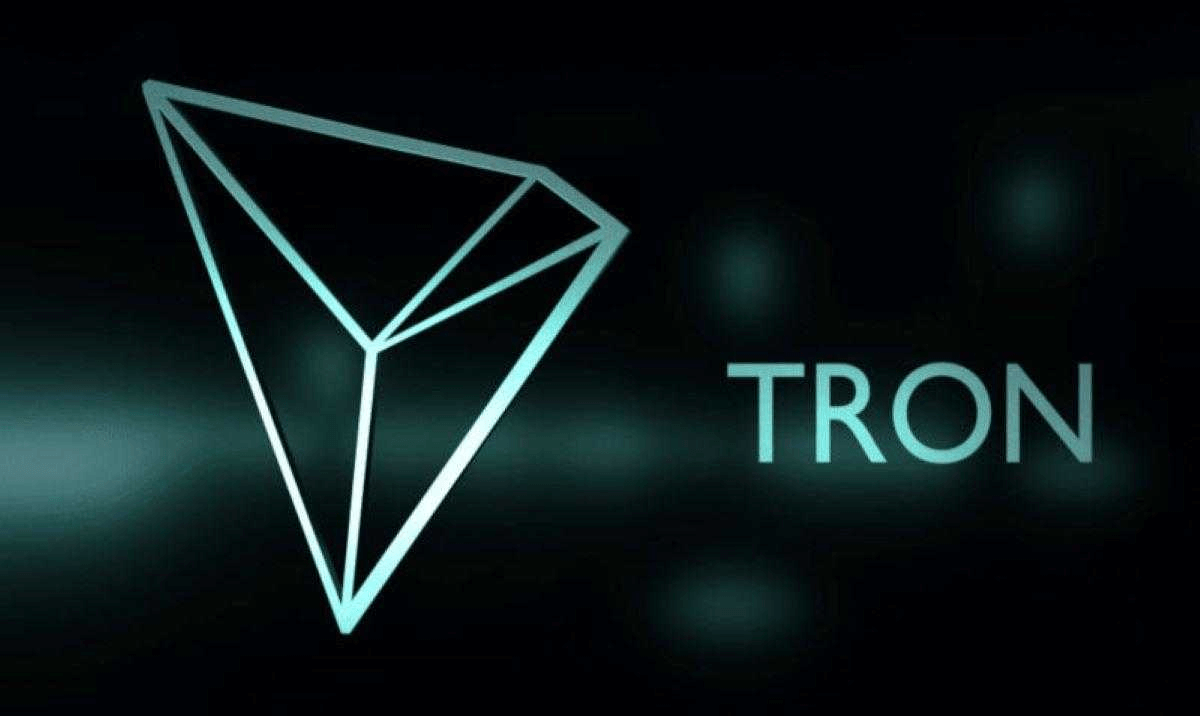Tron DAO Boosts Security After Major System Review
30.09.2024 19:30 1 min. read Alexander Stefanov
TRON DAO has successfully completed a thorough security evaluation of its Java-Tron client, conducted by ChainSecurity, a blockchain security firm.
The assessment examined crucial elements like the TRON Virtual Machine (TVM), consensus protocols, and Peer-to-Peer (P2P) communications to identify potential vulnerabilities affecting network performance. Notable concerns included transaction processing, block creation, and consensus activities.
Among the findings was a flaw related to PBFT messages that risked memory overload, which could lead to denial-of-service (DoS) attacks.
To mitigate this, the team implemented a system to process these messages only upon activation, preventing memory issues. Additionally, the team addressed the potential for attackers to censor valid fork blocks by introducing code updates to filter out invalid blocks, enhancing overall network stability.
Another issue involved the unnecessary processing of blocks lacking witness signatures, which wasted resources. Now, these unsigned blocks are promptly discarded to improve efficiency.
ChainSecurity’s founding partner commended TRON’s commitment to security, and TRON representatives emphasized the evaluation’s importance in fostering trust and resilience in the blockchain ecosystem. This proactive approach underscores TRON’s dedication to protecting user assets and ensuring a secure platform.
-
1
Cardano and Ethereum Lead in Developer Activity as GitHub Commits Surge
14.07.2025 12:00 1 min. read -
2
Ripple Powers UAE’s First Tokenized Real Estate Project via XRPL
16.07.2025 21:00 2 min. read -
3
German State-Owned Development Bank Issues €100 Million Blockchain Bond
11.07.2025 7:00 2 min. read -
4
Tether Ends Support for Five Blockchains in Infrastructure Shift
12.07.2025 11:30 2 min. read -
5
BNB Chain Upgrades and Token Delistings Reshape Binance Ecosystem
16.07.2025 22:00 2 min. read
Wall Street Moves Onchain: Tokenized Finance Enters its Breakout Era
The tokenization of real-world assets (RWAs) has entered a new phase in 2025—no longer a concept, but a confirmed trajectory.
Vietnam Launches National Blockchain to Digitize Government and Citizen Services
Vietnam has officially launched NDAChain, a national blockchain infrastructure designed to underpin its digital transformation strategy.
Solana Plans 66% Block Upgrade to Boost Network Capacity
Solana developers have introduced a new proposal aimed at pushing the network’s performance even further.
Chainlink Partners With Westpac and Imperium to Tokenize Finance in Australia
Chainlink has announced a major institutional partnership with Westpac Institutional Bank and Imperium Markets as part of Project Acacia—a joint initiative involving the Reserve Bank of Australia and the Digital Finance Cooperative Research Centre (DFCRC).
-
1
Cardano and Ethereum Lead in Developer Activity as GitHub Commits Surge
14.07.2025 12:00 1 min. read -
2
Ripple Powers UAE’s First Tokenized Real Estate Project via XRPL
16.07.2025 21:00 2 min. read -
3
German State-Owned Development Bank Issues €100 Million Blockchain Bond
11.07.2025 7:00 2 min. read -
4
Tether Ends Support for Five Blockchains in Infrastructure Shift
12.07.2025 11:30 2 min. read -
5
BNB Chain Upgrades and Token Delistings Reshape Binance Ecosystem
16.07.2025 22:00 2 min. read

